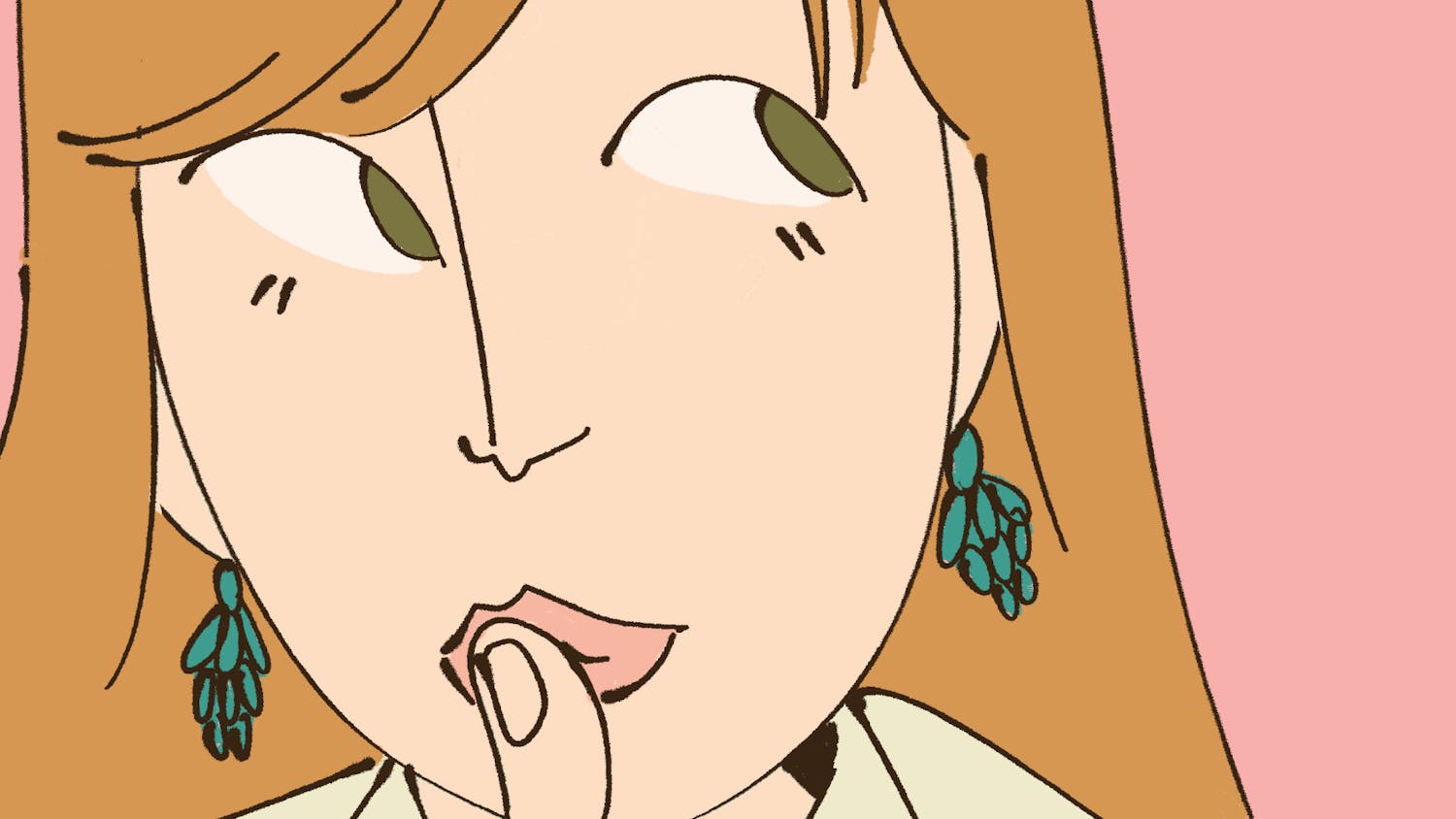My Sister’s Place is one of two agencies that operates domestic violence shelters in Athens, Hocking and Vinton counties. The three counties are home to more than 105,000 people, according to data from the 2019 Census.
Serving such a broad population, My Sister’s Place provides a number of services beyond its traditional shelter to meet the diverse needs of clients. The nonprofit also operates a 24/7 hotline, connects people to other local resources, facilitates outreach counseling and provides court advocacy services.
In the past year, My Sister’s Place expanded its ability to help people experiencing domestic abuse in Southeast Ohio.
The organization applied for funding through the Community Development Block Grant CARES Act, or CDBG CARES, which is a federal relief program aimed to mitigate the effects of the COVID-19 pandemic. Hocking Athens Perry Community Action, or HAPCAP, is an organization that has extensive experience in working with federal grants and helped My Sister’s Place apply for the CDBG CARES Act funding, Rose Frech, director of development at HAPCAP, said.
My Sister's Place requested $200,000 in funds to use for the purchase of a multi-unit property, according to the minutes from the Nov. 24, 2020, meeting of the board of Athens County Commissioners. Using the grant, My Sister’s Place was able to buy a property, which was used to provide socially distanced, transitional housing for three additional families.
The expansion of domestic violence shelter facilities was necessary, especially during the pandemic, Kelly Cooke, executive director of My Sister’s Place, said. Before the nonprofit acquired its three-unit transitional house, My Sister’s Place only possessed a four-bedroom home in a residential neighborhood in Athens. The shelter is licensed for 11 beds.
“For a long time, several years, we have been turning away around 150 families a year because we don't have enough bed space,” Cooke said.
Though the families who were able to access the shelter benefitted from its safety and in-house resources, many others could not because there was not enough space for them.
Cooke partially attributed the lack of beds in the My Sister’s Place shelter to an insufficient number of affordable housing options in Athens. Though many of the shelter’s residents qualified for housing vouchers, most still were not able to find housing they could afford.
“We get a traffic jam in the shelter where people who have vouchers get kind of stuck in shelter because they can't find housing,” Cooke said. “Then, we're turning people away from our hotline who really need emergency shelter. So, it's been a problem. The transitional house will hopefully ease things up so that we can move people from the emergency shelter who don't need that level of care to our transitional house, where there's more autonomy and independence.”
The acquisition of My Sister’s Place new house supplemented services provided by the only other established domestic violence shelters: My Sister’s Place 11-bed shelter in Athens County and Shepard’s House in Vinton County.
Historically, My Sister’s Place focused on solely supporting women and children who experienced domestic violence, but during the spring of 2021, the organization updated its mission to include all individuals and families experiencing interpersonal violence.
The nonprofit’s longtime support of women and children is part of what influenced Ohio University’s Delta Zeta sorority to select My Sister’s Place as the primary recipient of its local philanthropic efforts.
“It’s a place that truly is committed to making sure these women and children get to start living a regular life and are able to have these legal processes and mental processes that will help them get back on their feet,” Mackenzie Pena, a junior studying organizational communication and the vice president of philanthropy for Delta Zeta, said.
Though domestic abuse disproportionately affects women, they are not the only people who are impacted. More than one in three women and more than one in four men in the U.S. have experienced rape, physical violence and/or stalking by an intimate partner in their lifetime, according to a 2010 nationally conducted survey that was published by the Department of Health & Human Services.
Domestic abuse and intimate partner violence are not the same phenomenon. However, they exist adjacently, containing many parallels that connect the two. Both recognize a pattern of power-seeking behaviors occurring physically, sexually, emotionally, economically or psychologically in a romantic or sexual relationship.
“Dating violence, sexual violence, anything like that can happen to absolutely anybody: it can happen to women, it can happen to men, it can happen to non-binary people,” Taylor Whittington, a fourth-year student studying biology and psychology, said. “It's always really important that if somebody does come to you and tells you about some sort of violence that they've experienced to believe that individual and get that individual to help that they need.”
Whittington serves as vice president of OU’s Ambassadors to the Survivor Advocacy Program, a confidential resource available to OU student survivors of sexual assault, sexual harassment, dating and domestic violence and stalking. Like My Sister’s Place, SAP offers its services for free and provides a number of avenues through which survivors can be supported.
Although there are only two shelters specifically for people leaving violent living situations in Athens, Hocking and Vinton counties, there are other resources available for people experiencing all forms of interpersonal abuse and violence.
My Sister’s Place offers services free of charge to all people experiencing relationship abuse. The organization can be contacted through its hotline phone number, 1-800-443-3402.
Specifically available to OU students, SAP provides confidential support and advocacy services to student survivors. Appointments with an advocate can be booked through SAP’s website or via email at survivor.advocacy@ohio.edu. To speak with a confidential advocate regarding time-sensitive needs, SAP’s hotline can be called at 740-597-7233.
The Survivor Advocacy Outreach Program also has resources for domestic violence survivors who live in Athens, Meigs, Perry, Gallia, Hocking, Morgan and Vinton Counties. SAOP operates a phone hotline that can be called at 740-591-4266. Other services provided include a number of advocacy programs, assistance filing compensation claims, connection to other resources and community training, all of which can be accessed on its website.






